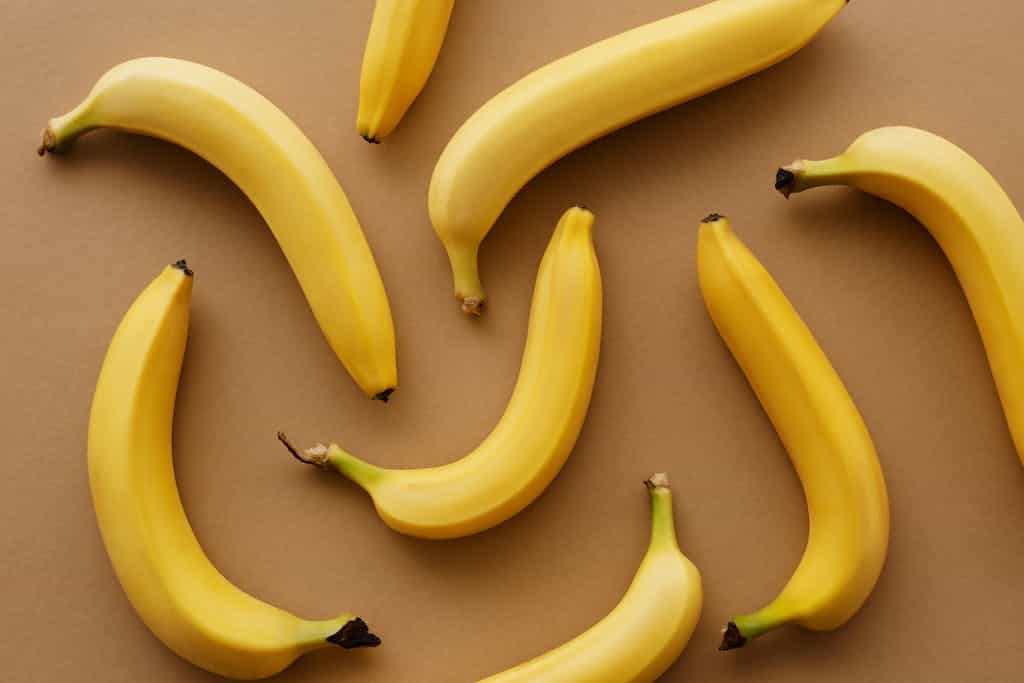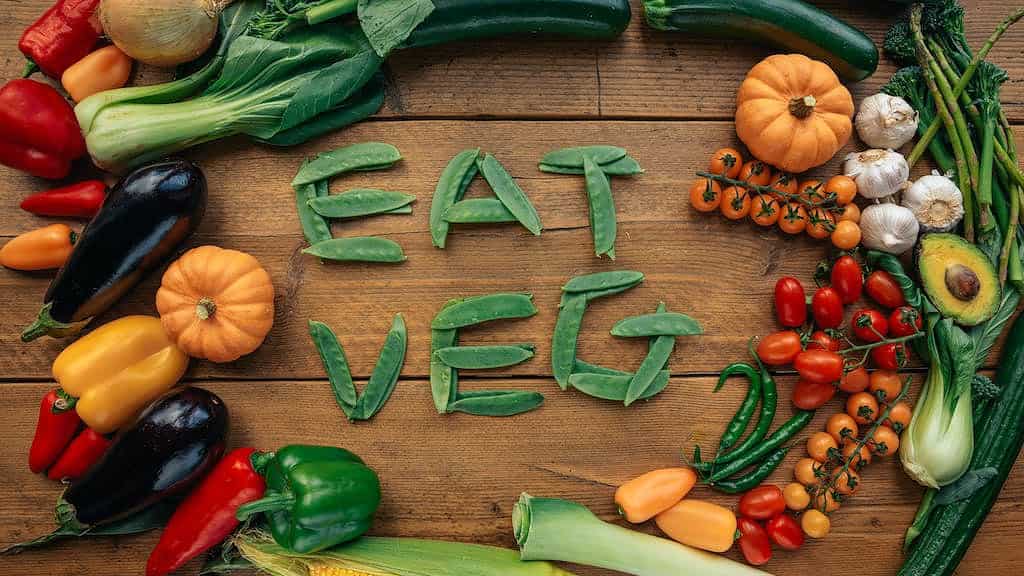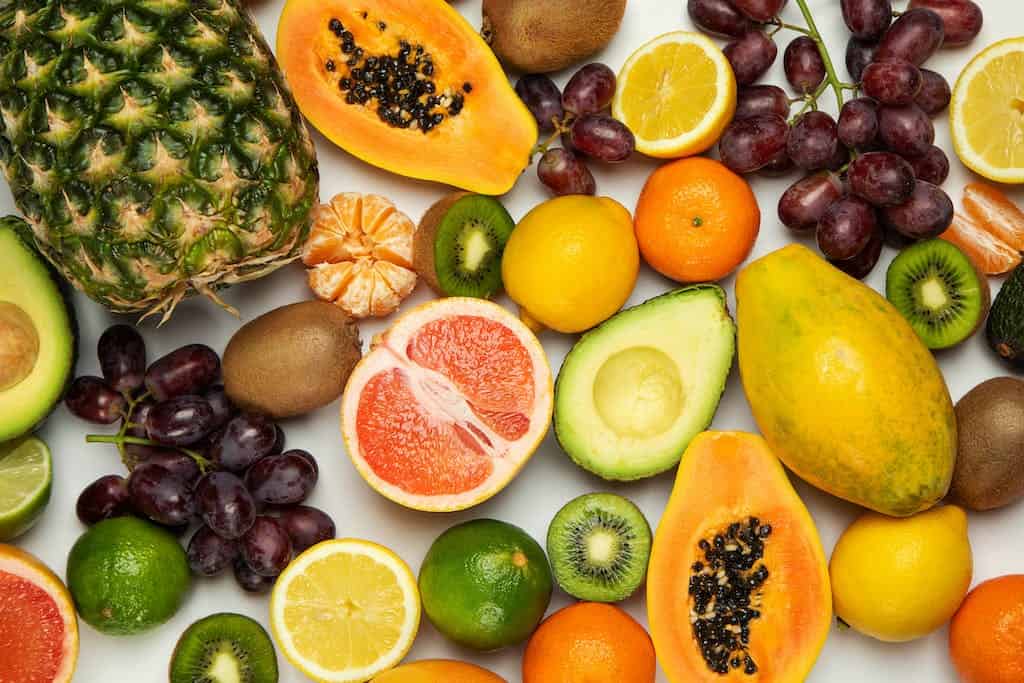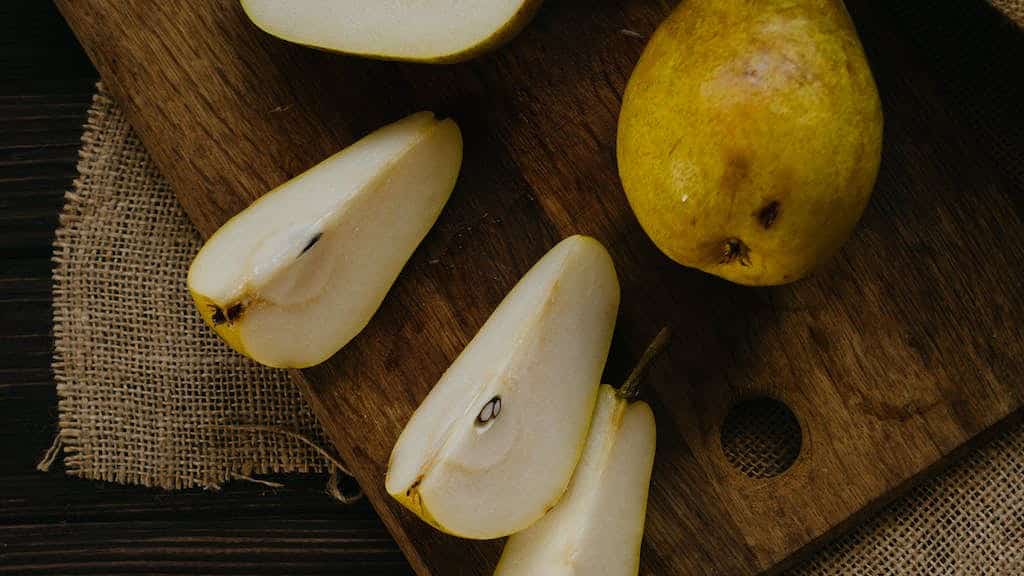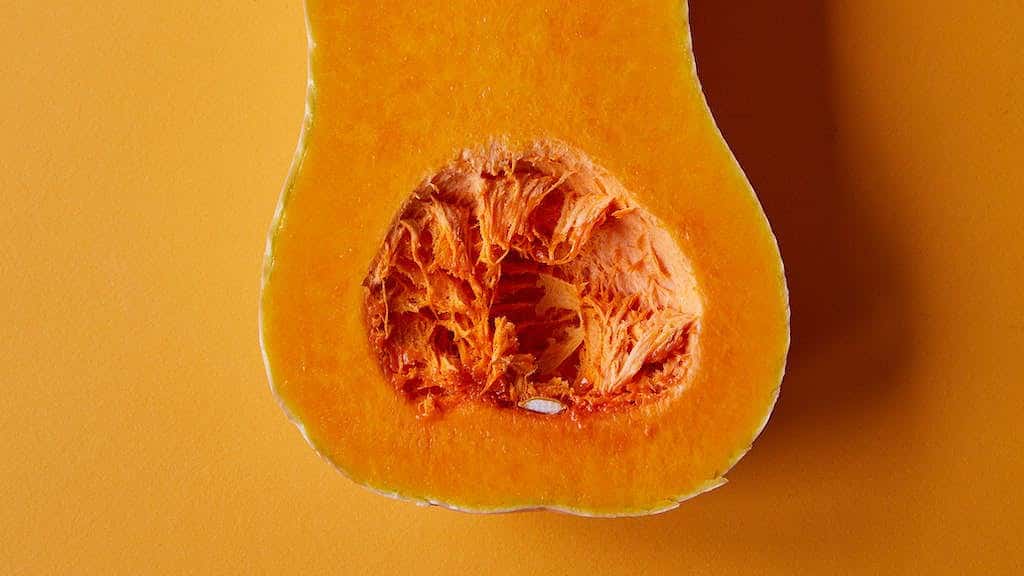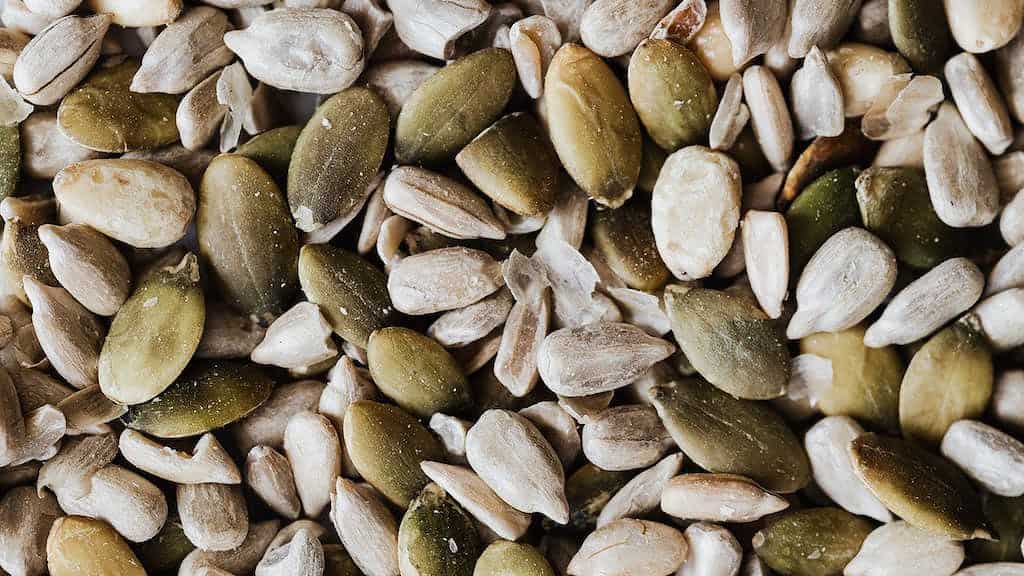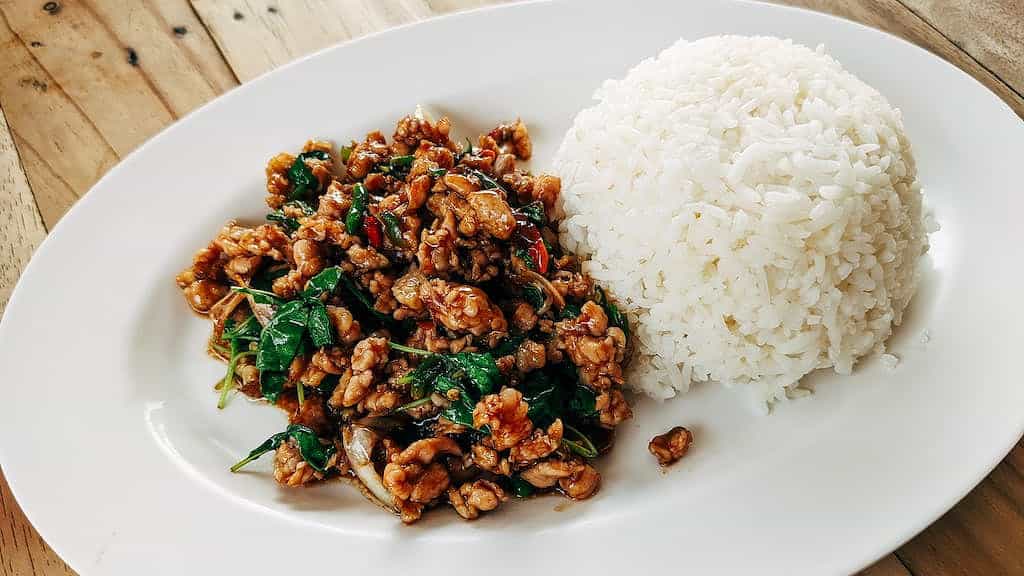Key Takeaways:
- Cucumbers are safe for dogs to eat and can be a healthy snack option.
- However, some dogs may have trouble digesting cucumbers, leading to digestive upset.
- Cucumbers should be given to dogs in moderation and always without any added seasonings or dressings.
- It’s important to remove the seeds and skin of the cucumber before feeding it to your dog.
- Introduce cucumbers gradually into your dog’s diet to observe any potential allergic reactions or sensitivities.
- Monitor your dog for any signs of discomfort or allergic reactions after eating cucumbers.
- If you are unsure about feeding cucumbers to your dog, consult with your veterinarian for personalized advice.
- Always prioritize a balanced and complete diet for your dog, incorporating a variety of dog-friendly fruits and vegetables.
Summary
Can dogs eat cucumbers? Yes, dogs can safely consume cucumbers. However, the article delves into greater detail, explaining the health benefits and potential risks associated with feeding cucumbers to dogs. It also provides a comprehensive guide on how to properly introduce cucumbers into your dog’s diet and advises on appropriate serving sizes. If you want to ensure that your furry friend can enjoy this nutritious vegetable safely, this article is a must-read.

The Safety of Cucumbers for Dogs
Many pet owners are curious about which human foods are safe to share with their furry friends. One common question that arises is whether dogs can eat cucumbers. Cucumbers are a popular vegetable enjoyed by humans, and you might be tempted to share this crunchy and refreshing treat with your canine companion. Here, we’ll explore whether cucumbers are a safe addition to your dog’s diet.
The Benefits of Cucumbers for Dogs
Cucumbers offer a range of health benefits for dogs when consumed in moderation. They are low in calories and fat, making them a great option for overweight or elderly dogs. The high water content found in cucumbers can also help keep your dog hydrated on hot summer days. Additionally, cucumbers are a good source of vitamins K, C, and B1, as well as minerals like potassium and magnesium, which are vital for your dog’s overall health.
Potential Risks and Precautions
While cucumbers are generally safe for dogs, there are a few factors to consider. Firstly, it’s important to remember that moderation is key. Feeding your dog excessive amounts of any new food, including cucumbers, can lead to digestive upset, such as diarrhea or stomach discomfort.
Another point to note is that your dog’s preference for cucumbers may depend on their individual taste. Some dogs may enjoy the crunchy texture and mild flavor, while others may show no interest at all. Always offer small pieces of cucumber to your dog as a test before incorporating it into their regular diet.
Preparing Cucumbers for Dogs
Before sharing cucumbers with your dog, it’s important to prepare them appropriately. You should always wash cucumbers thoroughly to remove any potential pesticides or dirt that could be harmful to your pet. Organic cucumbers are a preferable option, as they are grown without synthetic chemicals.
Additionally, it’s essential to cut cucumbers into small, manageable pieces to reduce the risk of choking. You can either slice them into thin rounds or dice them into bite-sized cubes. By following these preparation guidelines, you can ensure that your dog can safely enjoy the benefits of cucumbers.
Alternatives to Cucumbers
If your dog doesn’t particularly enjoy cucumbers or if you’re looking to add more variety to their diet, there are other dog-friendly fruits and vegetables to consider. Carrots, green beans, watermelon, and blueberries are just a few examples of nutritious snacks that dogs tend to enjoy. Remember to introduce new foods gradually and monitor your dog for any adverse reactions.
Quick Recap
Cucumbers can be a healthy and safe addition to your dog’s diet when fed in moderation and prepared correctly. They offer hydration, vitamins, and minerals, while remaining low in calories. However, it’s crucial to monitor your dog’s response and consult with a veterinarian if you have any concerns.
Recipes and Alternatives to cucumber for dogs
Dogs can eat cucumbers in moderation, as they are low in calories and a good source of hydration. However, it is important to remove the seeds and peel before feeding them to dogs. Here are some cucumber recipes for dogs:
- Cucumber and chicken salad: Mix cooked chicken with diced cucumbers for a refreshing treat.
- Cucumber and yogurt popsicles: Blend cucumbers with plain yogurt and freeze in ice cube trays for a cool snack.
- Cucumber and carrot sticks: Slice cucumbers and carrots into sticks for a crunchy and healthy snack.
If dogs shouldn’t eat cucumbers, here are some alternative foods for them:
- Carrots: Rich in vitamins and low in calories, carrots make a great crunchy snack for dogs.
- Watermelon: A hydrating and refreshing fruit that dogs can enjoy in small amounts.
- Blueberries: Packed with antioxidants, blueberries are a healthy and tasty treat for dogs.
FAQ: Can dogs eat cuc?
1. Is it safe for dogs to eat cucumbers?
Yes, dogs can eat cucumbers in moderation and as long as the cucumber is prepared properly. Cucumbers are low in calories and a good source of hydration for dogs.
2. Are cucumbers beneficial for dogs?
Yes, cucumbers can offer several health benefits to dogs. They are rich in vitamins K, C, and B1, as well as minerals such as copper, potassium, and magnesium. Additionally, cucumbers can help promote hydration and improve digestion.
3. How should cucumbers be prepared for dogs?
Cucumbers should be washed thoroughly to remove any dirt or pesticides. It’s recommended to peel the cucumber, as the skin can be difficult for dogs to digest. Cut the cucumber into small, bite-sized pieces to avoid choking hazards.
4. Can dogs eat the cucumber seeds?
While cucumber seeds are generally safe for dogs to consume, it’s best to remove them before giving cucumbers to your pet. Seeds can sometimes cause digestive issues or get stuck in the teeth or throat, leading to discomfort.
5. Are there any risks associated with feeding cucumbers to dogs?
Cucumbers are generally safe, but some dogs may have individual sensitivities or allergies to certain foods, including cucumbers. Monitor your dog after introducing cucumbers, and if any adverse reactions occur, such as vomiting or diarrhea, discontinue feeding them.
6. Can cucumbers be given to dogs with certain health conditions?
If your dog has any pre-existing health conditions or dietary restrictions, it’s always best to consult with your veterinarian before introducing new foods, including cucumbers. Your vet can provide personalized advice based on your dog’s specific needs.
7. Can dogs eat pickled cucumbers or cucumber-based products?
Pickled cucumbers often contain high levels of sodium and various spices, which can be harmful to dogs. Additionally, some pickles may contain ingredients like onions or garlic, which are toxic to dogs. It’s best to avoid giving pickled cucumbers or cucumber-based products to your dog.
8. Can cucumbers be a healthy treat for dogs?
Cucumbers can be a healthy and low-calorie treat option for dogs, especially during hot summer months when additional hydration is important. Remember to offer cucumbers as part of a balanced diet and not as the sole source of nutrition.
9. How should cucumbers be introduced to a dog’s diet?
When introducing cucumbers to your dog’s diet for the first time, start with small portions to see how they react. Watch for any signs of allergies or digestive issues. If your dog tolerates cucumber well, it can be gradually included as an occasional treat.
10. Can cucumbers help freshen a dog’s breath?
Cucumbers have a high water content and can assist in hydrating your dog’s mouth, which may contribute to fresher breath. However, if your dog has persistent bad breath, it may be a sign of an underlying health issue, and a veterinarian should be consulted.
Conclusion
In conclusion, dogs can safely eat cucumbers as long as they are given in moderation and prepared properly. Cucumbers are a low-calorie and hydrating snack that can provide some health benefits to dogs. However, it is important to remove the seeds and peel before feeding cucumbers to dogs, as these parts can be difficult to digest and may cause digestive issues. Additionally, some dogs may have allergies or sensitivities to cucumbers, so it is always recommended to introduce new foods gradually and monitor for any adverse reactions. As with any new food, it is best to consult with a veterinarian before adding cucumbers to your dog’s diet to ensure it is suitable for their specific needs and health condition.
📚 Sources:

